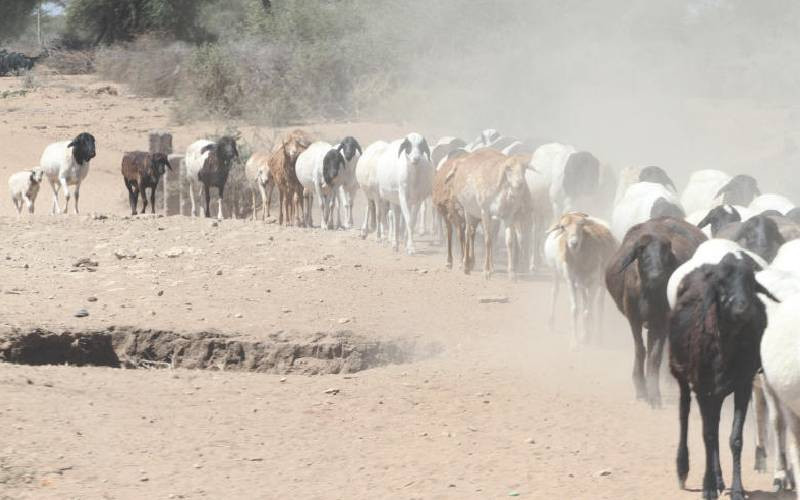×
The Standard e-Paper
Join Thousands Daily

In recent years, Kenya has experienced frequent severe droughts mainly in the arid and semi-arid lands (ASALs). Food security in Kenya is highly dependent on rainfall. Unfortunately, the country is experiencing the worst prolonged drought in four decades.
The poor performance of up to five consecutive rainfall seasons and the impacts of other shocks have led to widespread livelihood losses and massive displacement of people.